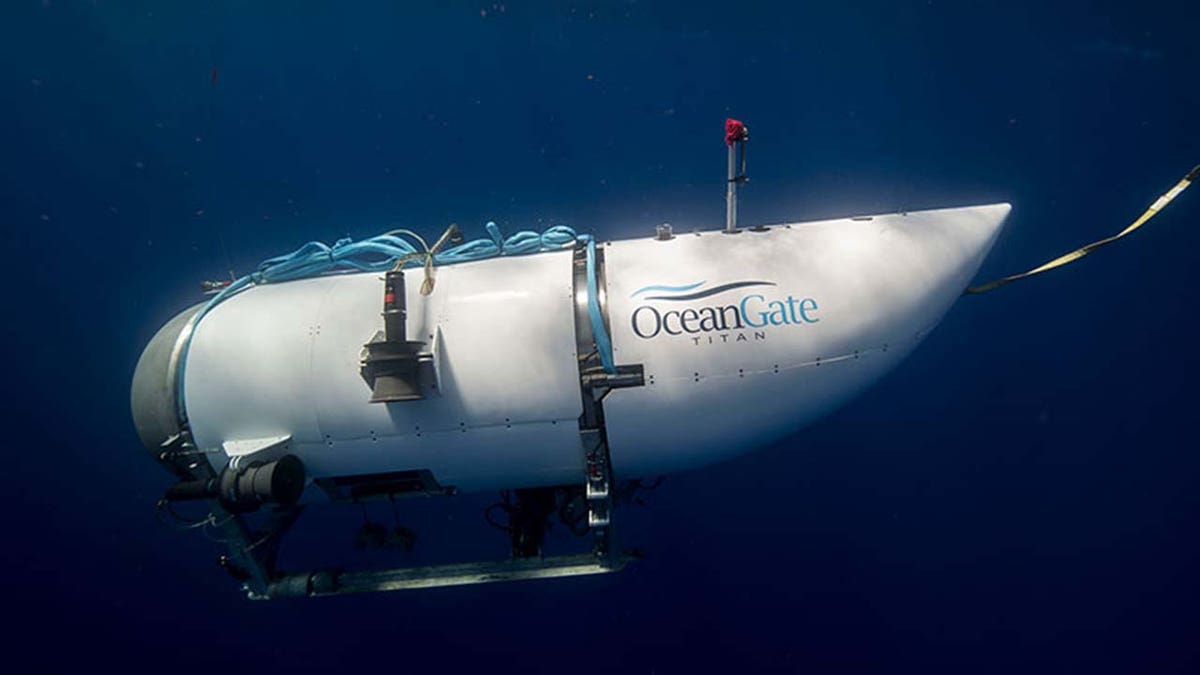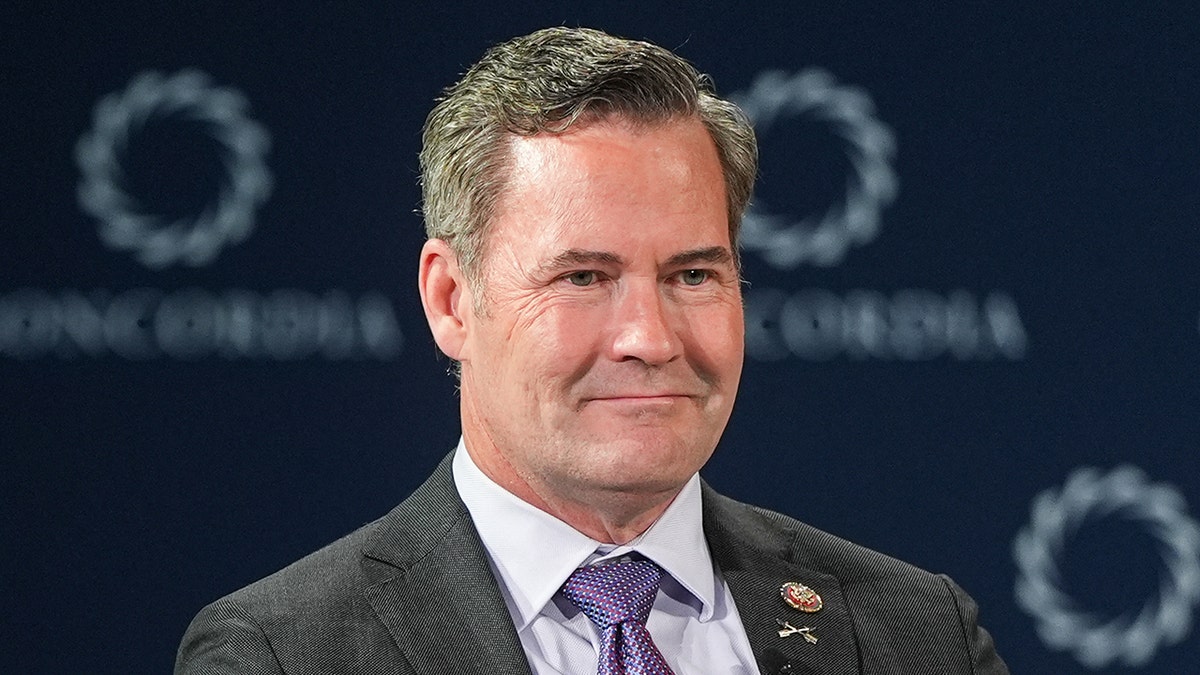The devastating wildfires that recently ravaged Los Angeles highlight the unintended consequences of environmental policies. While aiming to protect the environment, these regulations have inadvertently created conditions ripe for disaster.
Experts have long warned that restrictions on controlled burns, implemented to minimize air pollution, have transformed forests into tinderboxes. This accumulation of flammable material has increased the risk and severity of wildfires, not only in California but also in other regions like Canada.
Former California Assemblyman Chuck DeVore points out that air quality regulations, both federal and state, hinder necessary prescribed burns that would otherwise reduce fuel loads.
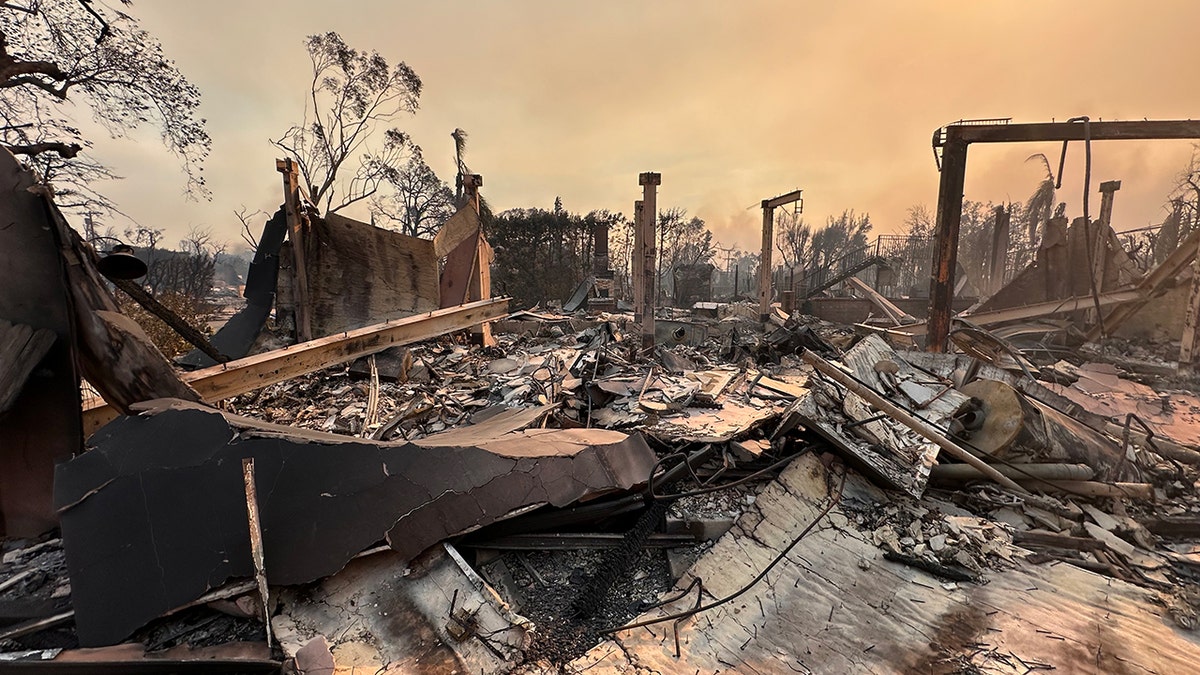
The water shortage crisis in Los Angeles, with fire hydrants running dry, further exemplifies the detrimental effects of these policies. Despite abundant water resources, California diverts vast quantities into the ocean to protect endangered fish species like the Delta Smelt. This prioritization of fish over human needs has exacerbated the water crisis and hampered firefighting efforts.
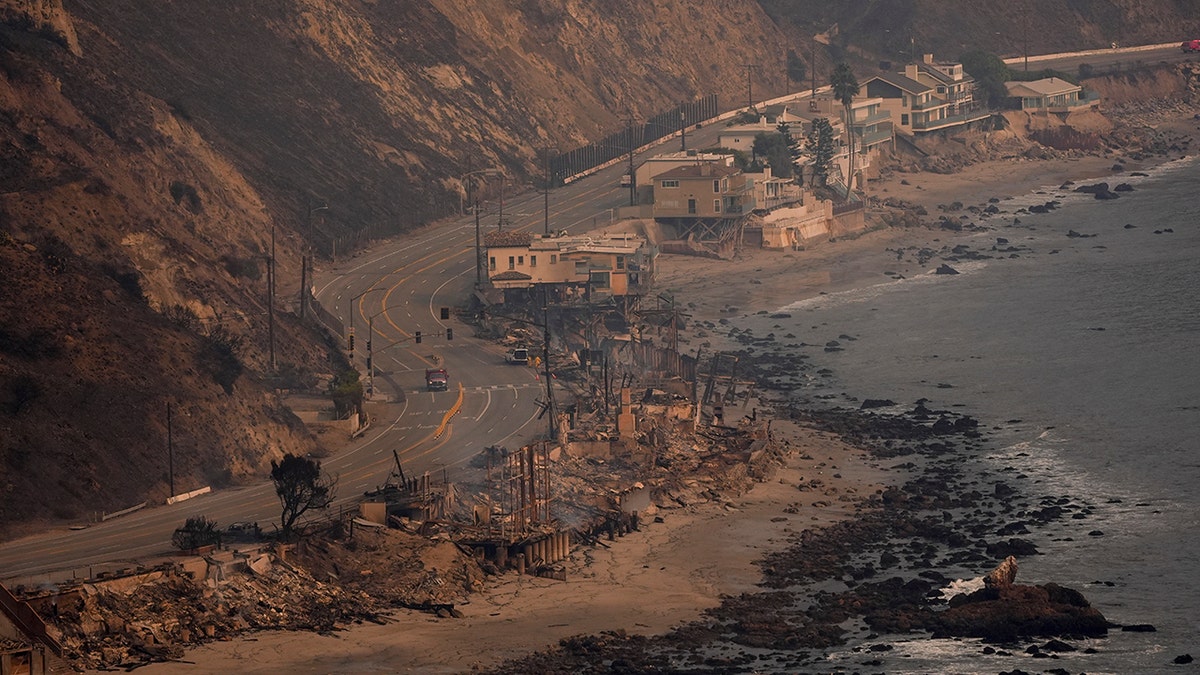
These policies, driven by a narrow focus on environmental preservation, fail to consider the broader consequences. The single-minded pursuit of clean air, even at the cost of increased fire risk, demonstrates a lack of balance and foresight.
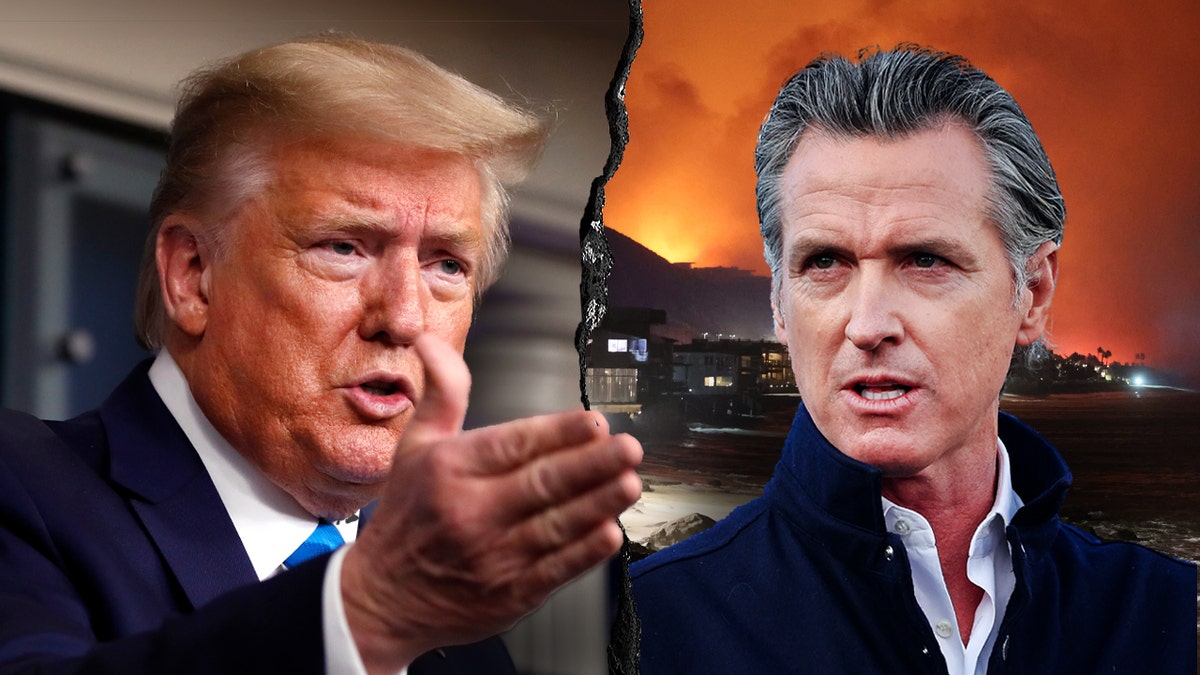
While climate change is often blamed for such disasters, the underlying causes are often rooted in flawed policies. The focus should shift towards practical solutions that address both environmental and human needs. Incoming President Donald Trump needs to appoint officials who understand the complexities of these issues and can develop policies that avoid such catastrophic outcomes.
The California wildfires serve as a stark reminder of the devastating consequences of unbalanced environmental policies. A reevaluation of these regulations is crucial to prevent future tragedies.


